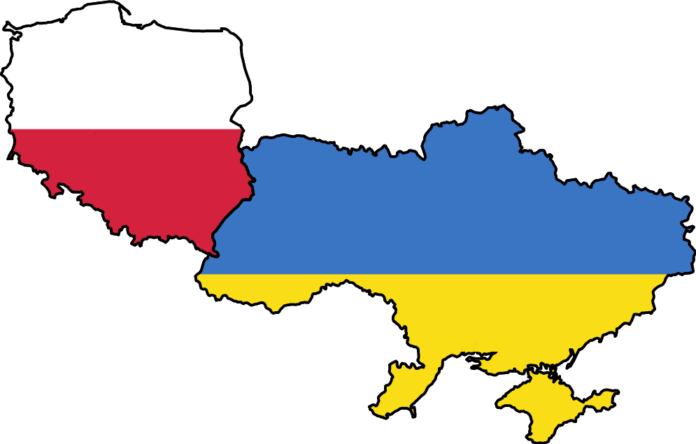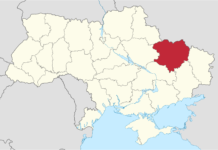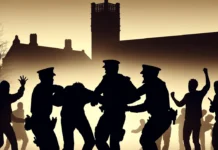Poland’s Prime Minister, Donald Tusk, has reinforced his country’s unwavering support for Ukraine amidst its conflict with Russia. This support is not just a symbol of solidarity but a significant stance in the broader global struggle between democratic values and authoritarian aggression. The context of this support, its implications, and the deeper message it conveys are vital to understanding the current geopolitical landscape.
Tusk’s visit to Ukraine, particularly his meeting with Ukrainian President Volodymyr Zelenskyy, is a powerful symbol of Poland’s commitment to its neighbor’s sovereignty and democratic aspirations. Tusk’s message was clear: “Poland will do everything to increase Ukraine’s chances of victory in this war”. This sentiment goes beyond mere words; it reflects a deep-seated conviction about the necessity of supporting nations striving to maintain their independence and democratic integrity.
Poland’s support for Ukraine is a strategic move in the broader European context. As Russia continues its aggressive posturing and military actions, Poland stands as a bulwark defending not only its interests but also those of Europe. By supporting Ukraine, Poland is actively participating in the containment of Russian expansionism and authoritarian influence in Europe.
Moreover, Poland has become a key ally for Kyiv, not only in diplomatic terms but also in practical ways, such as hosting over one million Ukrainian refugees and discussing joint arms production with Ukraine. This level of involvement is crucial for Ukraine’s survival and resistance against Russian aggression.
The Polish Prime Minister’s advocacy goes beyond military support; it’s a call for the Western world to unify in its approach towards Ukraine. He emphasized the need for more support from the West to repel the Russian invasion, adding that a victory for Ukraine would mean “a renaissance of the Western civilization”. This statement underscores the belief that the conflict is not just a regional issue but a defining moment for Western values and unity.
Poland’s stance offers a crucial lesson in balancing geopolitical interests with human values. The Prime Minister’s visit on Ukraine’s Unity Day, commemorating the unification of western and eastern Ukraine in 1919, symbolizes a recognition of Ukraine’s historical struggles for unity and independence. Poland’s support is not just a strategic choice; it’s an acknowledgment of a shared history and values, emphasizing the importance of standing together against forces that threaten these ideals.
Poland’s Prime Minister, Donald Tusk, has articulated a clear and compelling message: supporting Ukraine is not just a matter of regional politics; it’s a stand for democracy, independence, and the principles that underpin a free world. This support reflects a broader narrative about the role of nations like Poland in shaping a future where democratic values triumph over authoritarian impulses. As the conflict continues, Poland’s role and its Prime Minister’s statements will remain significant in the ongoing narrative of Europe’s struggle for freedom and integrity.
Image is in the public domain.










